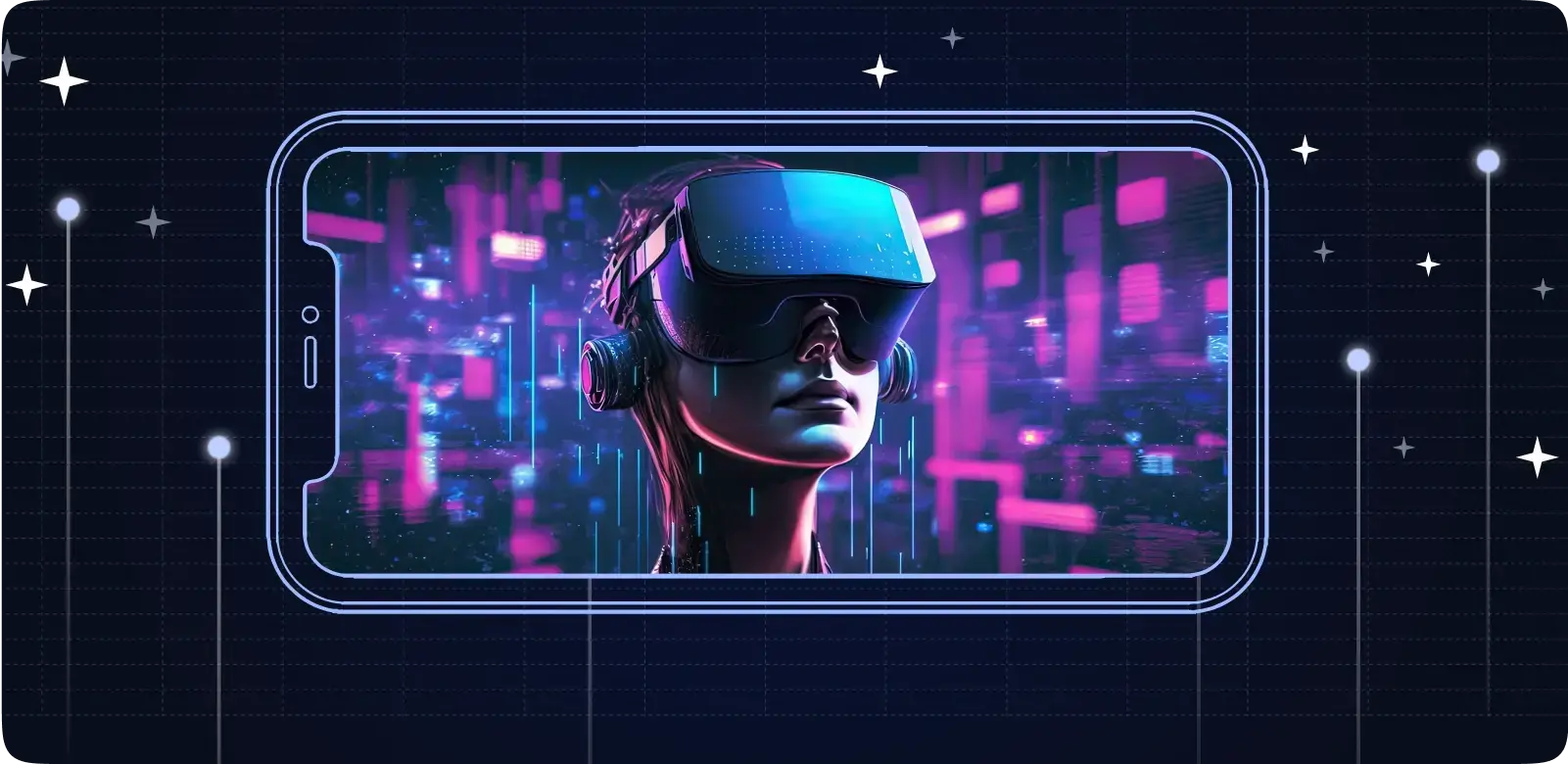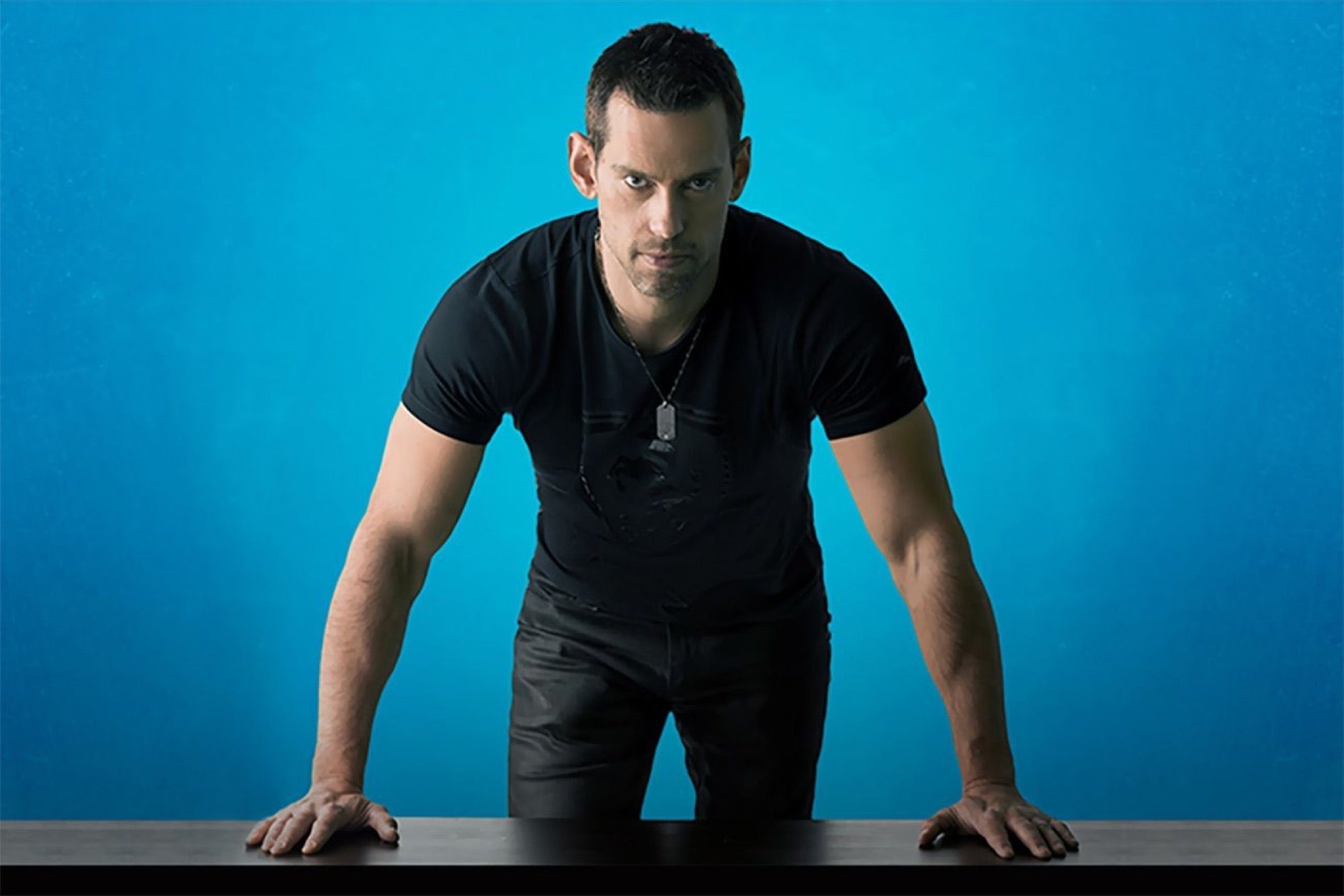At the annual VanEck Blockchain Conference in Los Angeles, discussions revolving around artificial intelligence and its integration with blockchain technology took center stage.
Tom Bilyeu, the visionary behind the Project Kyzen 3D avatar and game platform, highlighted the significance of establishing proof of authenticity, especially in light of the increasing prevalence of AI-generated deepfakes.
Bilyeu, speaking to Decrypt, expressed his concerns about the anticipated surge in AI deepfakes in 2024, particularly as the election approaches.
He referenced a recent incident involving an AI-generated deepfake impersonating MicroStrategy’s Michael Saylor, underscoring the critical need for AI-based watermarking or blockchain integration to provide indisputable proof of authenticity.
The growing threat of AI-generated deepfakes has prompted the Biden Administration to announce plans in February to implement digital watermarks and cryptography to tag authentic content, aiming to combat disinformation effectively.

Apart from his role as a web3 game developer, Bilyeu is also a wellness entrepreneur and co-founder, alongside his wife Lisa, of Impact Theory.
The couple established Impact Theory in 2016 after the successful sale of Quest Nutrition for a reported $1 billion, with the Impact Theory YouTube channel amassing over 4 million subscribers.
However, the firm encountered legal challenges when it was sued by the Securities and Exchange Commission (SEC) last August. This resulted in Impact Theory settling with the regulatory body by paying a $6 million fine and burning the keys.
Meanwhile, Bilyeu introduced Project Kyzen, an innovative digital platform featuring evolving game functionalities and digital avatars within a 3D environment. The project boasts a team comprising former executives from esteemed companies such as Riot Games, Disney, and Bank of America.
Since the launch of OpenAI’s GPT-4, developers of generative AI models have faced accusations of plagiarism and copyright infringement.
In December, The New York Times filed a lawsuit against OpenAI for copyright infringement, alleging unauthorized use of millions of its articles to train AI models. OpenAI, in response, refuted the claims, asserting that the news outlet tailored its AI prompts to produce incriminating evidence.

Bilyeu emphasized the importance of proving ownership, particularly in disputes involving information creation and dissemination.
Utilizing blockchain as a digital ledger holds immense potential, especially in verifying ownership and managing rights.
Bilyeu proposed leveraging blockchain to establish scarcity, thereby ensuring the enduring value of digital assets and bridging the gap between physical and virtual realms.
In essence, blockchain technology offers a promising avenue to authenticate information, safeguard digital assets, and mitigate the adverse impacts of AI-generated deepfakes in an increasingly digitized world.







Leave a Reply